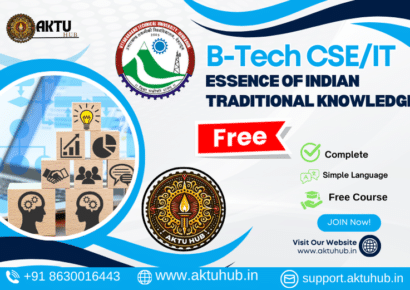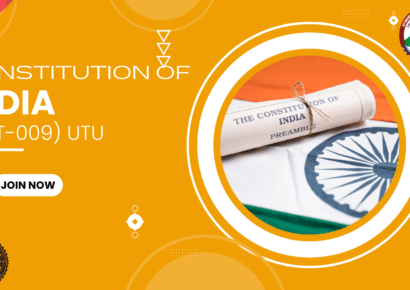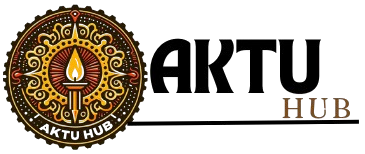Currently Empty: ₹0.00
UNIVERSAL HUMAN VALUES (AHT-008) UTU
Universal Human Values are fundamental ethical principles like love, compassion, integrity, and justice that promote global harmony and well-being.
- Intermediate
- 58
- August 19, 2025
- Certificate of completion

About Course
COURSE OBJECTIVES: The objectives of the course are to:
- Development of a holistic perspective based on self- exploration about themselves (human being), family, society and nature/existence.
- Understanding (or developing clarity) of the harmony in the human being, family, society and nature/existenc
- Strengthening of self-reflection.
- Development of commitment and courage to act.
COURSE OUTCOMES: On successful completion of the course, the student will be able to:
- Expected to become more aware of themselves, and their surroundings (family, society, nature)
- Become more responsible in life, and in handling problems with sustainable solutions, while keeping human relationships and human nature in mind.
- Have better critical ability.
- Become sensitive to their commitment towards what they have understood (human values, human relationship and human society).
- Able to apply what they have learnt to their own self in different day-to- day settings in real life, at least a beginning would be made in this direction.
COURSE TOPICS: The course has 28 lectures and 14 practice sessions in 5 modules:
Course Content:-
Module 1: Introduction – Value Education
Universal human values; self exploration, natural acceptance an experimental validation; Human aspirations, right understanding, relationship and physical facility, current scenario; Understanding and living in harmony at various levels.
Module 2: Harmony in the Human Being
Understanding human being, needs of self(I) and body; body as an instrument of ‘I’; characteristics and activities of ‘I’ and harmony in ‘I’; harmony of I with the Body: Sanyam and Health, Physical needs an prosperity; Programs to ensure Sanyam and Health.
Module 3: Harmony in the Family and Society
Values in human-human relationship; nine universal values in relationships; justice, truth, respect, trust; Difference between intention and competence; Respect and differentiation, Harmony in society: resolution, prosperity, fearlessness and coexistence; Universal harmonious order in society.
Module 4: Harmony in the Nature and Existence
Harmony in the nature. Four orders of nature; existence as co-existence, harmony at all levels of existence.
Module 5: Harmony in the Professional Ethics
Natural acceptance of human values, Definitiveness of Ethical Human Conduct; Basis for Humanistic Education, Humanistic Constitution and Humanistic Universal Order; Competence in professional ethics; Case studies; transition from the present state to Universal Human Order: at individual level and societal level.
Course Content
Module 1: Introduction – Value Education
-
Introduction – Value Education
-
Universal human values
-
Self exploration
-
Natural acceptance an experimental validation
-
Human aspirations
-
Right understanding
-
Relationship and physical facility
-
Current scenario
-
Understanding and living in harmony at various levels






Jayesh Machhindra Patil
Kadam Gaurav
Chaitali Magar
Pawar Yogesh
Nandre Chinmay